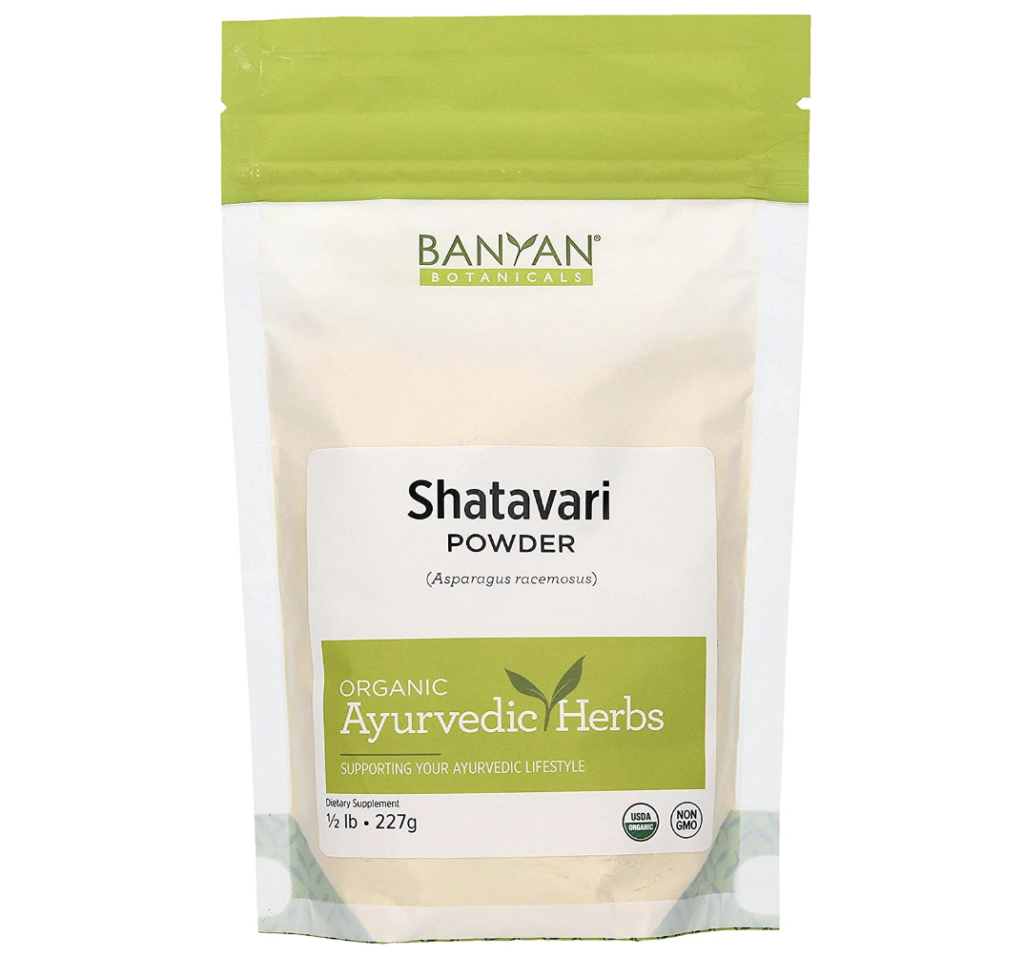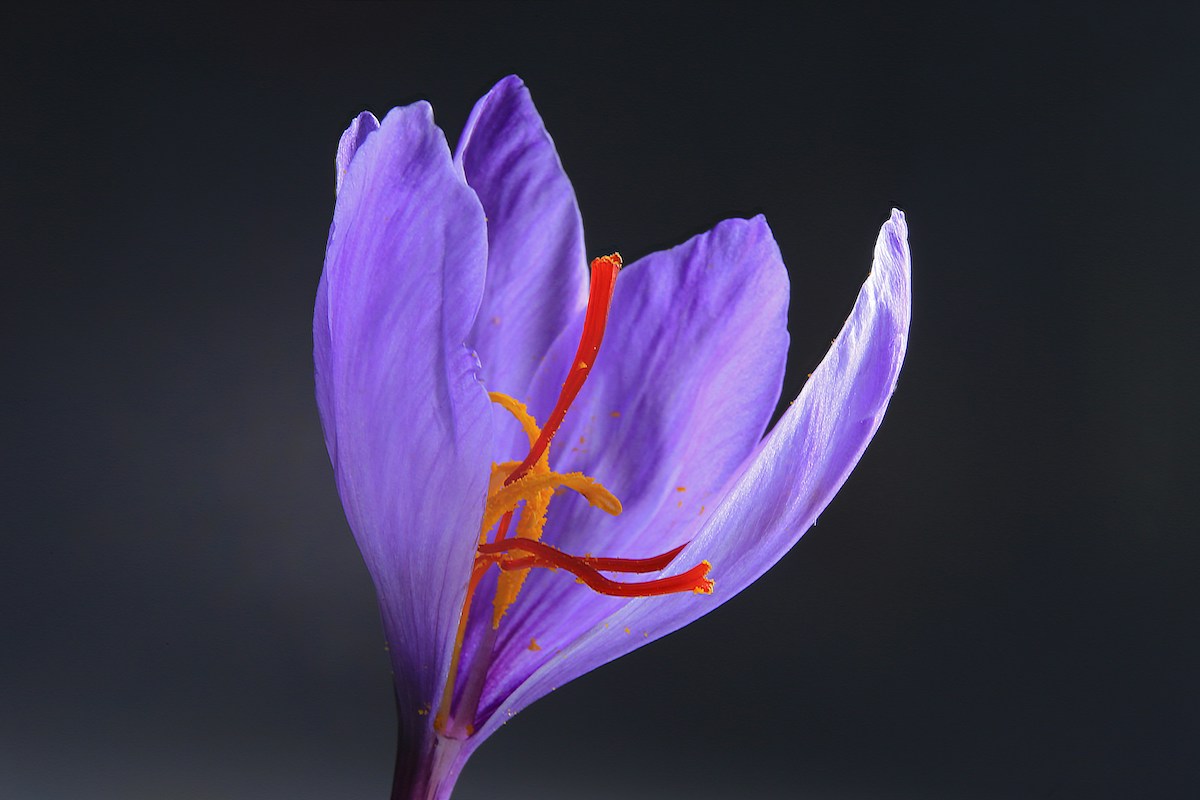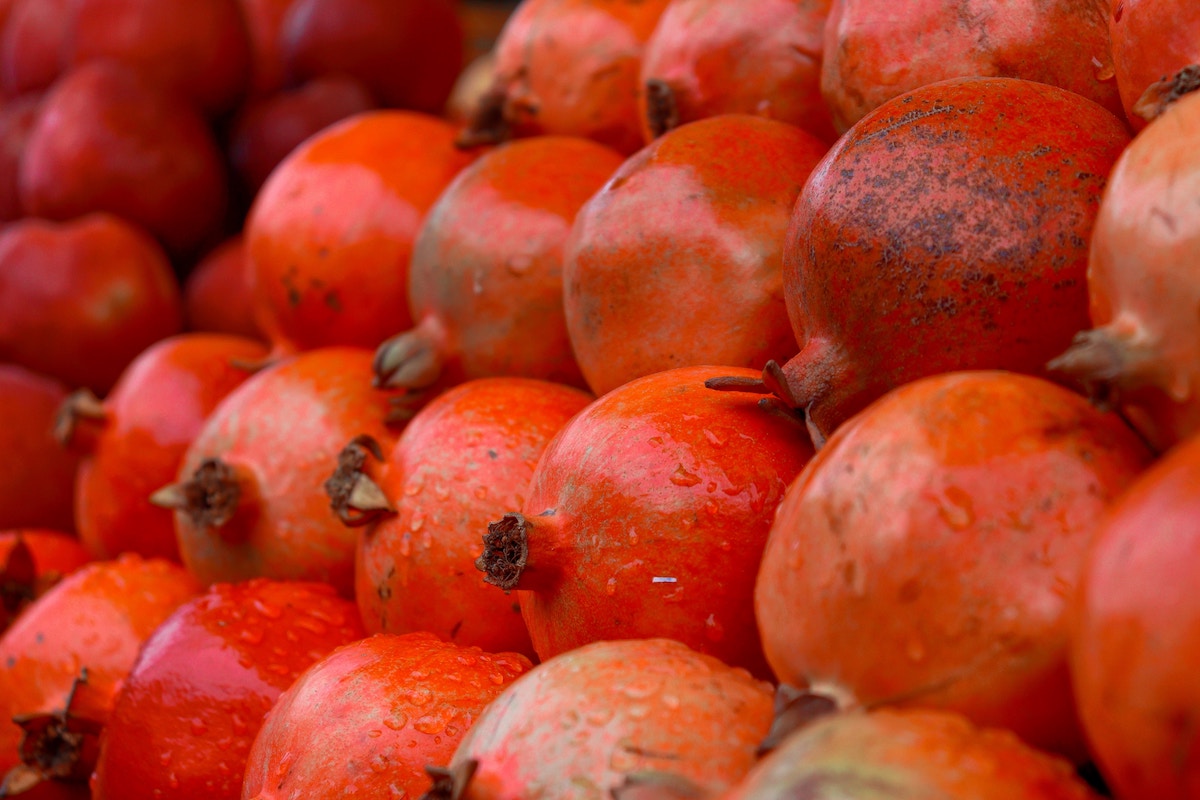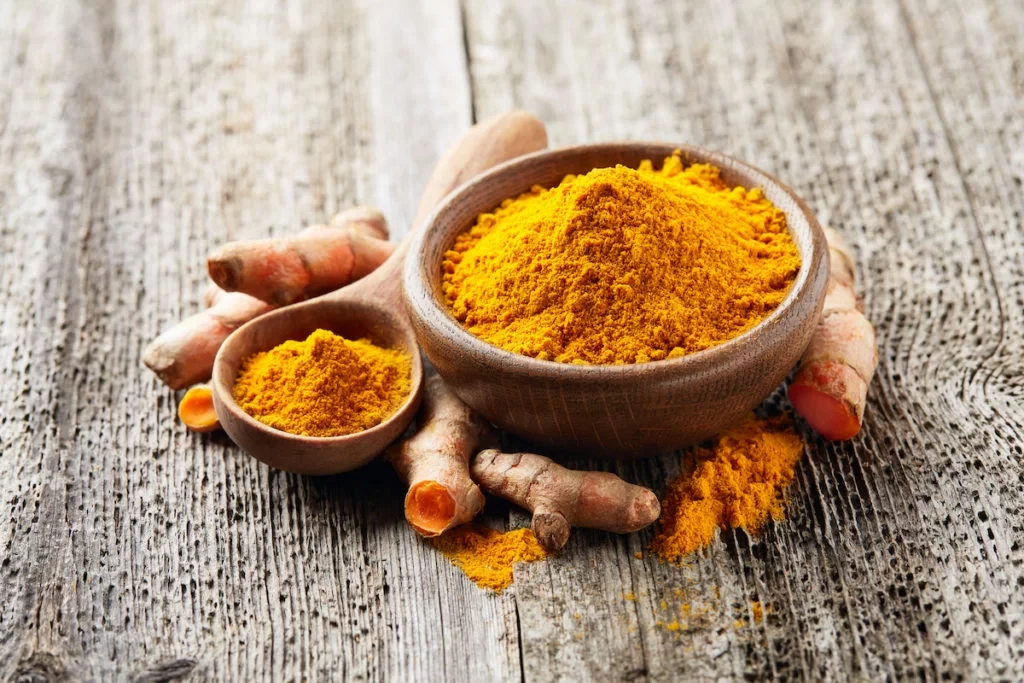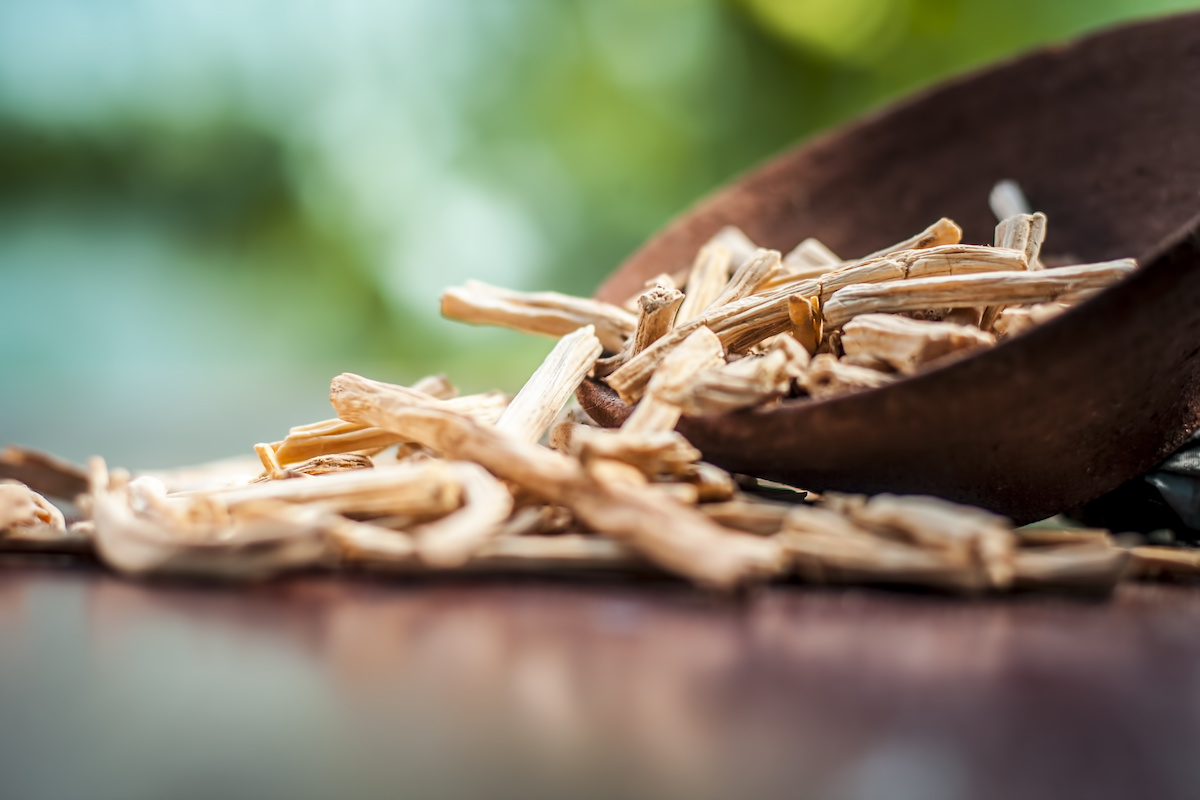
In this Article
Share
Ayurveda calls Shatavari (Asparagus racemosus) a rasayana (rejuvenating tonic) that may bestow a sense of wellness, calmness, and balance to those who consume it regularly. It could also help rejuvenate and strengthen the reproductive system, especially in women. Additionally, it may have a positive impact on the digestive system. Shatavari typically balances pitta and vata dosha. It is heavy and oily and may aggravate kapha dosha.
Shatavari gets its name from its complex and abundant root system – the Sanskrit shat meaning ‘a hundred’ and avar meaning ‘under or below.’ It is common to make a powder from these numerous roots, which Ayurvedic medicine calls ‘Shatavari Churna.’
It is rich in saponins, mucilage, isoflavones, oligosaccharides, sterol, flavonoids, and alkaloids which can be helpful in many therapeutic purposes. The cooling and grounding nature of the herb makes it ideal for anxious and restless people.
Benefits For Women
Fertility: In the practice of Ayurveda, it is the best herb to support and replenish female fertility and the reproductive system. Traditionally, this ‘holistic reproductive tonic’ enhances female fertility and provides nourishment to pregnant women. It may help heal and nourish sexual organs, improve ovulation, and increase female libido. Additionally, it may remedy irregular menstrual cycles and hormonal imbalances.
Female Tonic: According to Ayurveda, Shatavari may have various benefits in every stage of female life. In young adults, it replenishes the reproductive organs, boost fertility, and promotes healthy menstruation. In pregnancy, it may help nourish the woman and her fetus to ensure proper growth and development. Studies have also analyzed potential increases in breast milk production in lactating mothers.
Benefits of Shatavari
Stress Relief: Ayurvedic medicine uses shatavari or asparagus racemosus as an adaptogenic herb to cope with physical and emotional stress. Research suggests it could balance brain chemicals, thus making it a potent anti-stress agent. It may also reduce mood swings in women due to hormonal imbalance, menstruation, and pregnancy.
Immunity: This herb is rich in steroidal plant compounds that could play an essential role in stimulating immune cells. Ayurvedic practitioners believe it to have antioxidant and anti-inflammatory properties. The high saponin count may even reduce the risk of cancer. Further, it may help to reduce inflammation and improve the functioning of the nervous system. Therefore, regular consumption of asparagus racemosus could help improve the body’s overall immune response.

Digestion: The cooling properties of asparagus racemosus can have a soothing effect on the digestive tract. It can balance an overactive digestive fire (Agni) and promote healthy bowel movement by increasing the motility of the intestines. Promoting the digestion of fats and carbs, also promotes good gut health. Therefore, it may also help manage many other stomach and intestine-related problems like gastric ulcers, bleeding, or perforation.
“
The asparagus racemosus plant has been used as a natural remedy to improve female fertility for centuries. The fertile leaves are rich in antioxidants and anti-inflammatory agents.
Additional Benefits of Shatavari
Other potential benefits include:
- Calms the nervous system with mild sedative properties.
- Moistens dry or damaged membranes of internal organs
- Increases shukra (semen production) in men
- Moisturizes and soothes dry skin through topical application
- Protects against infections / anti-bacterial and anti-microbial properties
- Soothes sore joints and stiff muscles / anti-inflammatory effect
Ayurvedic Uses
Recommended Shatavari
Shatavari Powder – ¼ to ½ teaspoon with warm water, once or twice daily, or as directed by your health practitioner.


